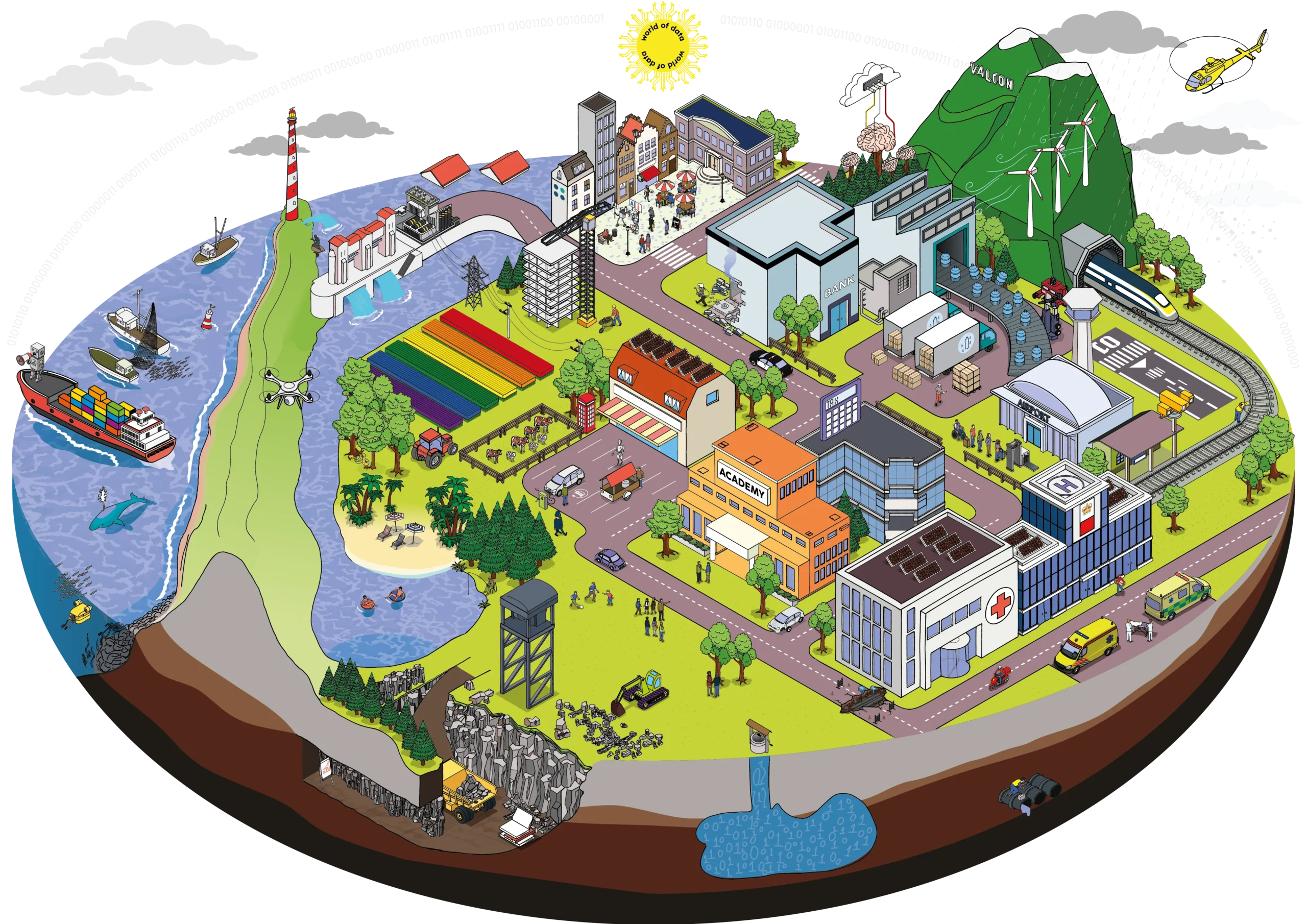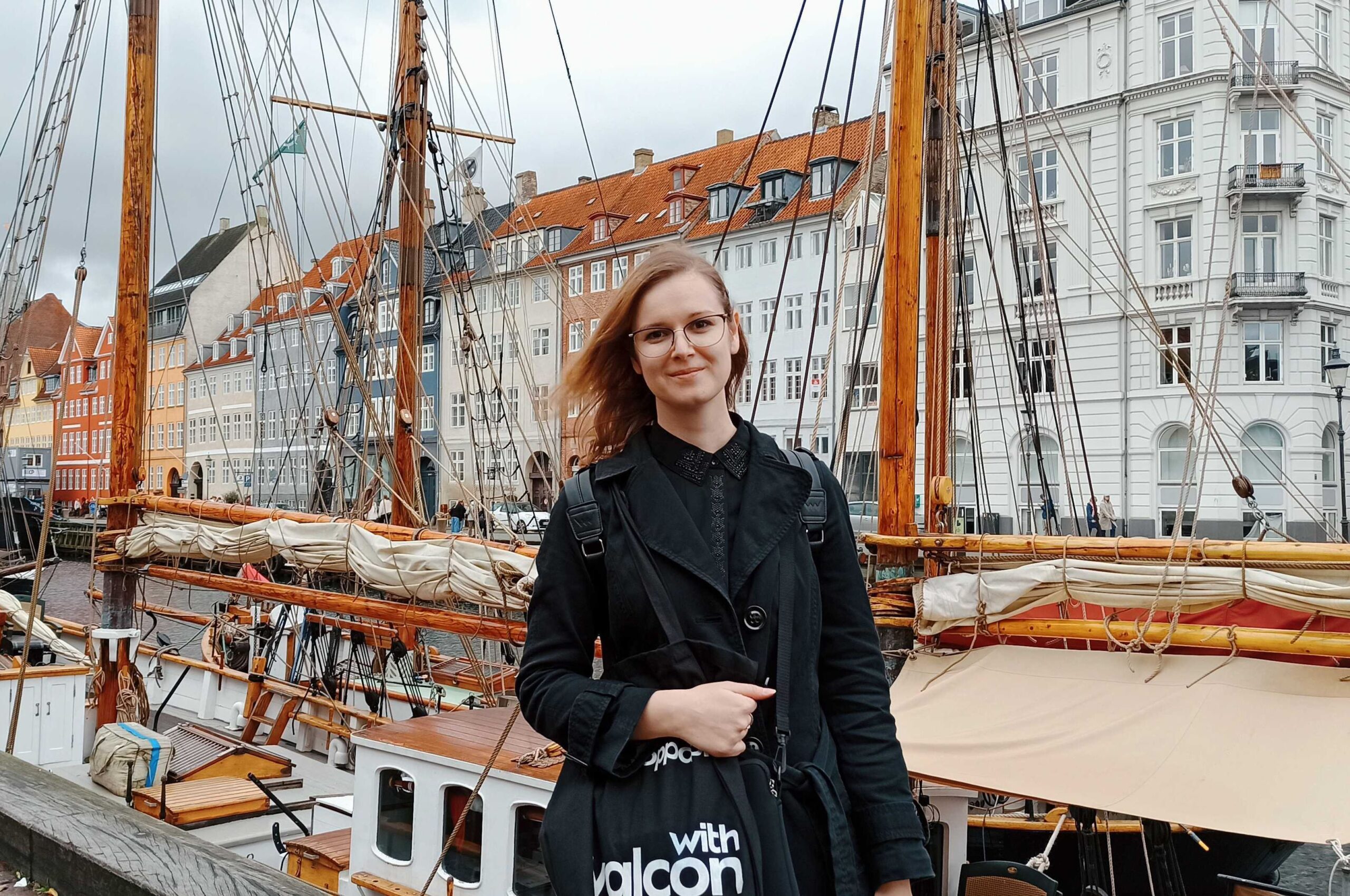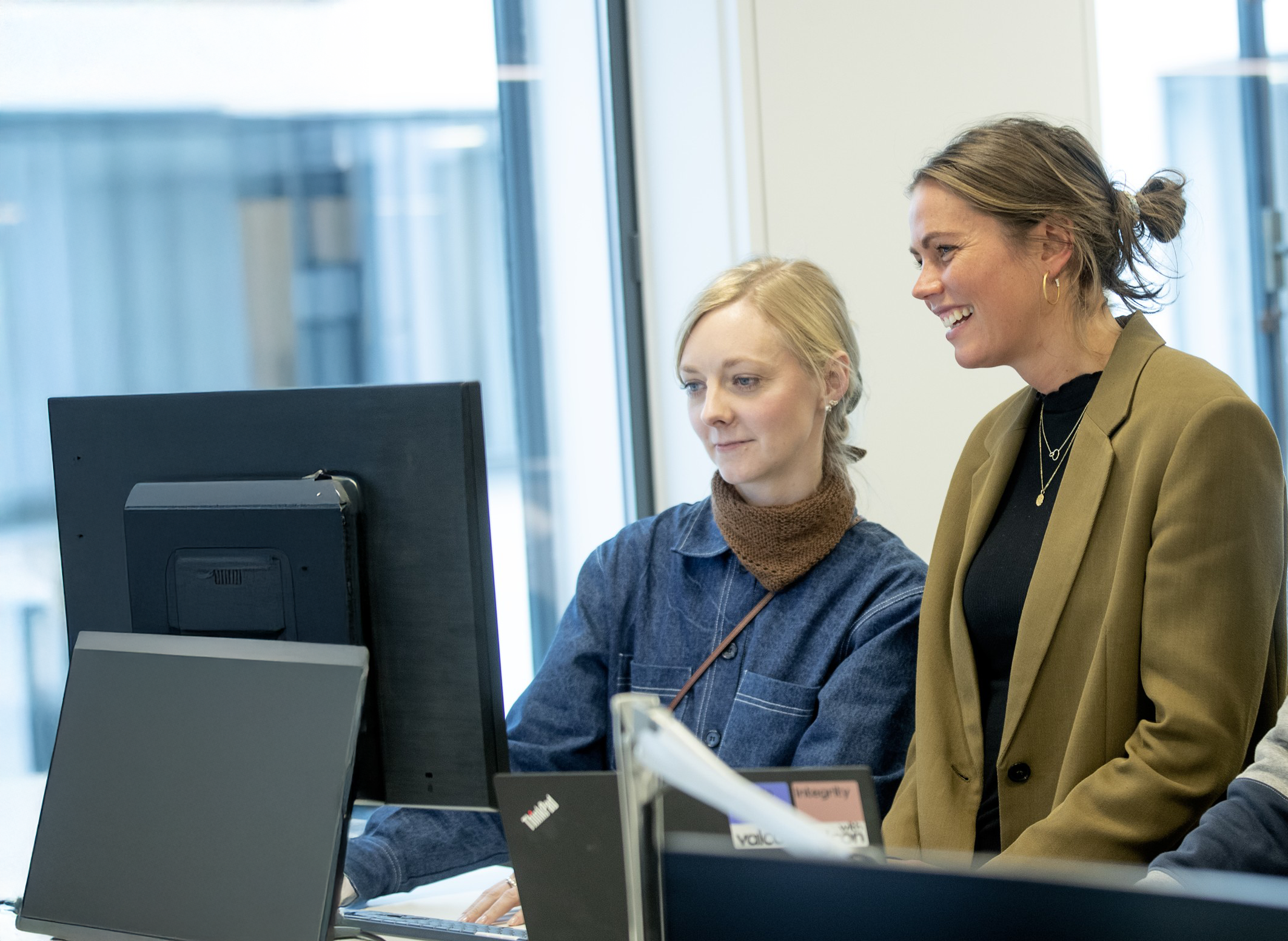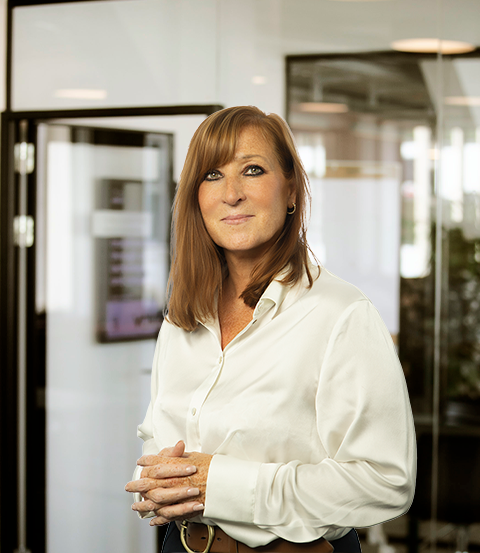What led you to a career in STEM?
My Dad was in IT for much of his career so we always had a computer in the house (from our first ZX Spectrum onwards!) but when I took my first graduate job at Accenture, I was thinking I would be more of a process and change consultant than a technical one. Back in those days, all new joiners did a six-week bootcamp in the US where we were taught to program. That’s when I really fell in love with coding and from there, I just asked for lots of technical roles and I learned a lot from there.
When did AI first come on your radar?
During COVID, I had just started a new job but my project was put on ice. Instead I ended up designing an onboarding system with no need for human interaction and realised AI could be used for conversational support, tailoring responses to the customer and automating credit assessments.
What would you say to young women curious about the potential of AI?
AI is going to be a feature of all workplaces before too long. It’s fascinating and it’s useful and businesses are going to need help figuring out which problems to solve and which problems not to. It’s going to play a valuable role in society and everyone will need to understand its strengths and weaknesses. It’s also very cool and lots of fun!
How has your education played a role in your AI career?
My BA and MA are in English! So not a STEM path. The one area of use is linguistics, which does come in handy for conversational AI. So although a STEM qualification is a plus, it’s not a necessity.
What’s one of the coolest AI projects you’ve worked on?
I’m currently working on an AI project to make an AI podcast host who can interview people about data, tech and consulting topics. It’s very creative and we’re coming up with new techniques to blend the knowledge we want it to have with the personality we want to give it.
Facing the unique landscape as a woman in AI, what challenges and opportunities have you encountered?
As a woman in technology, I’ve encountered the ‘women can’t code as well as men’ stereotype. A senior manager at a previous employer stated this as a ‘fact’! Often being the only woman in the room has made it challenge for my voice to be heard. Opportunities arise from being a good communicator and having empathy, skills which woman are culturally conditioned to excel in. These are crucial in conversational AI, where the key to success is anticipating how people will interact with AI and what they may need from it.
What advice do you have for young women eyeing a future in AI?
Working with AI is fun and the amount of AI in day-to-day work is only going to increase with time. This is a great time to be starting and learning how to make it do what you need it to do. My suggestion is to find a good course (whether that’s a degree or online self-study), get hands on with some of the AIs like ChatGPT and Gemini and have a play. All you need to get started is curiosity and a willingness to learn.













